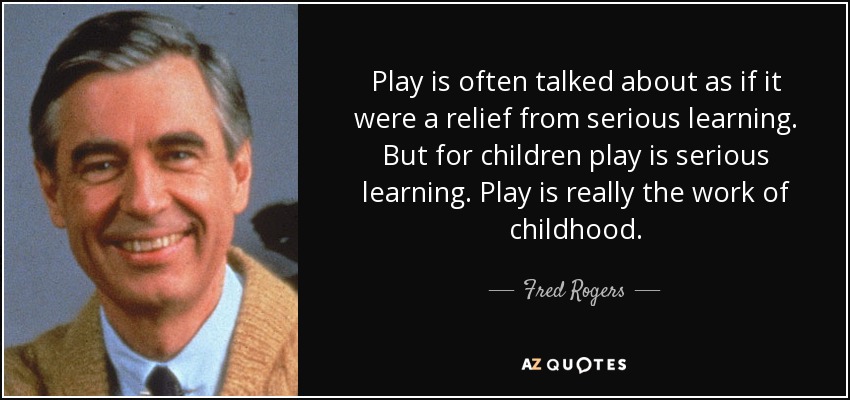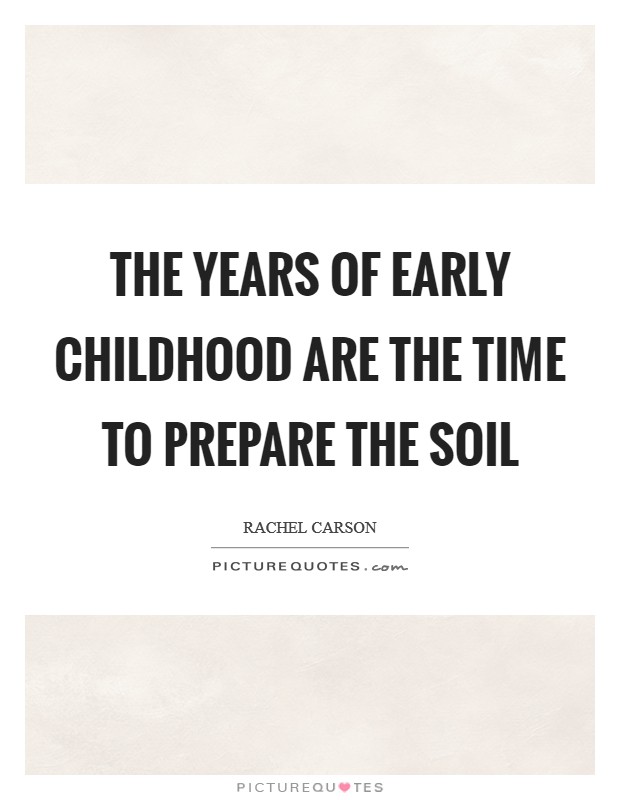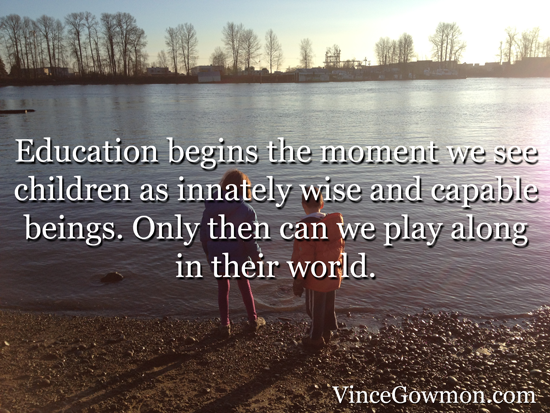I have two children; my daughter, Reghan Marie Fogerty, was born July 10, 2013 and my son, Deklan Joseph Fogerty, was born August 8, 2018. Each was a unique pregnancy and birthing experience.
During Reghan's pregnancy, I had night time sickness. At 4:00 pm each day, it hit me. Before I was was prescribed medication to help with the nausea, it carried all through the night until about 7:00 am the next morning, to give me a "smooth" work day, only to continue the next afternoon for my evening with my husband. Besides the sickness and it being an extremely hot summer in 2013, I did have a pretty easy pregnancy. I was considered high risk because I have Hashimoto's disease and so I had an ultrasound monthly to track her progress.
At my 39 week appointment, my doctor looked at me and asked, not joking, "why are you still pregnant?" I almost cried because I was so uncomfortable and it was so hot outside. I chose to continue working full time until I went into labor. So, I was struggling at my school and had basically been moved to a job as a "floater" so I could continue to be paid until I went out on maternity leave.
While at my appointment, my doctor told me about "stripping my membranes." It was an uncomfortable experience, but I went home with my fingers crossed and hoped something happened sooner than later.
The next day, I called my director (I worked at private preschool) and told her what had been done the night before and that I just did not feel great so I was going to stay home. She said "no problem" and that she would see me tomorrow. I sent my husband to work, even though he insisted on staying home. I told him that I was not having this baby today and I would see him for dinner.
I went about my morning, slowly moving through my hot house (we didn't have central air) and sat with my feet up to help with the swelling. About an hour or two later, I called my husband and told him he better come home because I had just lost my mucus plug and my contractions had started. He was mad, of course, because I had sent him to work in the first place, and he was pretty far away working at his job. (Oh well, I am the one in pain here, dude!) We called my doctor and I tried to drag my feet because I didn't want to sit laboring at the hospital. Eventually, around noon, we went into the hospital. I was admitted into triage and hooked up to monitors to watch my contractions. They told me my contractions weren't close enough together and weren't lasting long enough, so my husband and I walked around the triage area for an hour. I stopped every couple minutes, and put my hand on the wall, crying in pain. We finally went back to my bed and after what felt like hours, someone came in and checked my progress. The nurse left and said she was going to plead my case to the doctor. I couldn't believe they wanted to send me home!! After about another hour, a very friendly nurse entered the room and told me, "I heard we are having a baby today!" I was so excited, but in pain too.
They wheeled me to my room and asked me about an epidural. I hadn't wanted one throughout my whole pregnancy, but in the heat of the moment, I said yes. My husband was asked to take a walk as he wasn't allowed to be present while the anesthesiologist administered the epidural. Once it fully kicked in, I felt amazing. I could watch the contractions happening on my monitor, but I felt nothing.
Eventually, I got stuck at 6 cm and they had to give me pitocin. They warned me that it might intensive my contractions (how that could be possible, I had no idea!) But, I had the epidural, so I wasn't too scared. Actually, I fell asleep. I woke up, yelling at my husband that I could feel EVERYTHING and asked him to get SOMEONE. My nurse came in and said my water bag was gone. (My water never broke prior to this.) She lifted me up and moved me around, feeling the bedding under me, and it wasn't wet at all. Which meant that when my doctor came in and it was time to push, she was wearing extra gear to protect her from the whoosh of my water coming out while my daughter was being born. (Her head ended up acting as a stopper.)
I pushed that baby for AN HOUR. And I was tired! My husband was trying so hard to be encouraging. "Come on babe, bases loaded. Bottom of the ninth. You've got this!" "Indy 500, last lap, white flag, pedal to the floor!" (We are drag racers, so the racing reference was better received in the moment.)
At 8:03 pm on Wednesday, July 10, 2013, my daughter, Reghan Marie Fogerty, was born. She arrived into the world with her arm in the air, hand in a fist, telling us all that she had arrived. It suits her personality to a T. She was 7 lbs, 15 oz, and 22 inches long.
The end of this story is that my doctor had to stitch me up. (My husband's family have BIG heads.) He proudly tells my doctor, "You know, Doc, I'm not King Kong. If you want to throw an extra stitch in there, I won't mind!" I was mortified!!!!! And my doctor, bless her heart, didn't miss a beat. "Don't worry, I got you!" We all laughed and I snuggled my girl for the first time.
Reghan Marie on her birthday and at two days old.
Unlike my previous pregnancy, when I was pregnant with my son, I had morning sickness. Like, wake up to throw up every.single.day. for 9 months. I was so sick throughout this time that my daughter was actually convinced that she never wanted to have a baby because she didn't want to get sick like Mommy did.
I took Zofran, it didn't help. It calmed my stomach a little, but I still threw up. There was so much throwing up, I seriously never want to get sick again. That little man put me through the wringer!
This pregnancy I was again diagnosed as high risk. Between babies, I had contracted an autoimmune disease called Vasculitis that attacked my kidneys. At 32 years old, I was told my kidneys were failing. It was scary, and dramatic, and draining. But, I came out of it in remission, with kidneys that function at 80% and I was finally able to get pregnant again. Wooo! I had an ultrasound every month to make sure that baby boy was developing appropriately and I met with my kidney doctor more frequently and had A LOT of blood work drawn to test my creatinine levels. I also still was taking Synthroid for my Hashimoto's Thyroiditis. (There's so much wrong with me haha!)
My OB, who is simply amazing, told me from the beginning that she only wanted me seeing her at each visit, instead of rotating between the doctor's in the practice, and that she was almost 100% sure that I would not make it to 40 weeks. She closely monitored everything, congratulating me on only gaining 20 lbs with him. ( I gained 35 with Reghan.) We decided that to protect myself, I would be induced at 37 weeks to avoid preeclampsia. I was scared, I won't lie. I trusted my doctor and knew everything would be fine, but I was so nervous that Little Man wouldn't be ready.
On the evening before I was to be induced, I called the hospital and there were no beds available for me. I called again hours later and was again told there were no beds. The third time I called, I told them about my kidneys and why I was being induced and then, lo and behold, there was a bed!! We called grandparents for Reghan and my husband and I were off!
My whole experience with birthing Deklan was 7 hours from start to finish. I was given pitocin and an epidural and we waited. And waited. And waited. And waited. I was uncomfortable for most of the time. My nurse was absent a lot and my doctor checked on me only once after I was admitted. At one point, I looked at my husband with tears in my eyes, and told him that something was wrong. I was in so much pain, it shouldn't feel like this. I had had an epidural before, I knew I should feel pressure, but this was more than pressure. My nurse didn't listen and refused to check my progress to see if I was ready to push.
Eventually, I asked Kevin, my husband, to see if he could find me some Tums or Maalox. I had heartburn for 37 weeks as well as the morning sickness. It was so fun. (sarcasm) My nurse finally showed up and gave me the Maalox. Guess what? I threw it up! After I was cleaned up, the nurse FINALLY checked me and Deklan's head was out! Both she and Kevin screamed, "PUSH!" And one push later, Deklan Joseph Fogerty was born at 8:38 pm on August 8, 2018. We were worried he would have some complications since we don't know how long he was stuck in the birth canal. But, at almost 2 years old, he is perfect.
He was 6 lbs, 12 oz, 21 inches long at 37 weeks, 2 days. Imagine if he had been born on time? That would have been a big baby!
There is nothing better than being a mom. I always knew I wanted to be a mom, but I never pictured it would be this amazing.
Deklan Joseph on his birthday and at two days old.
Here are both of my children from May, 2020. I am such a lucky mommy.



































